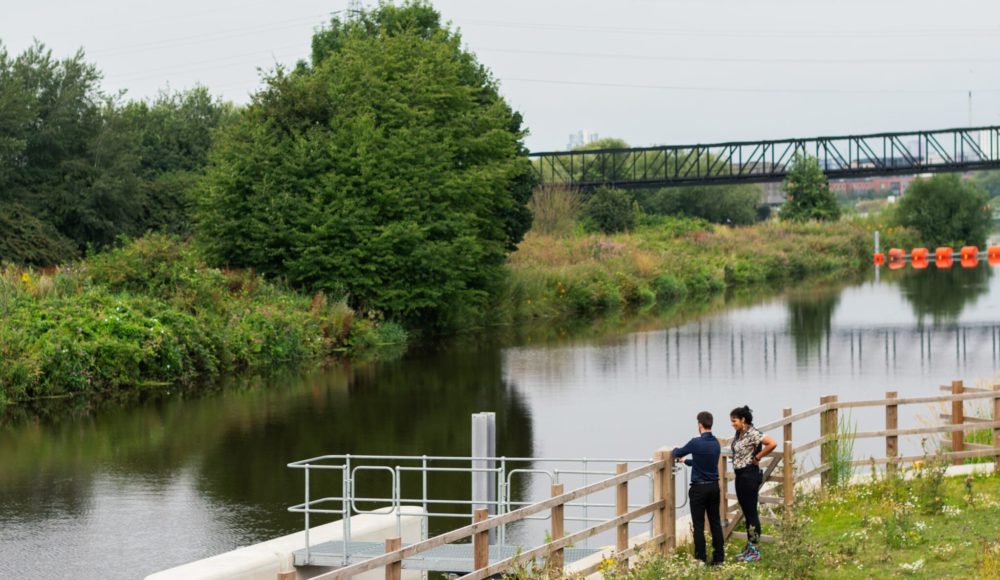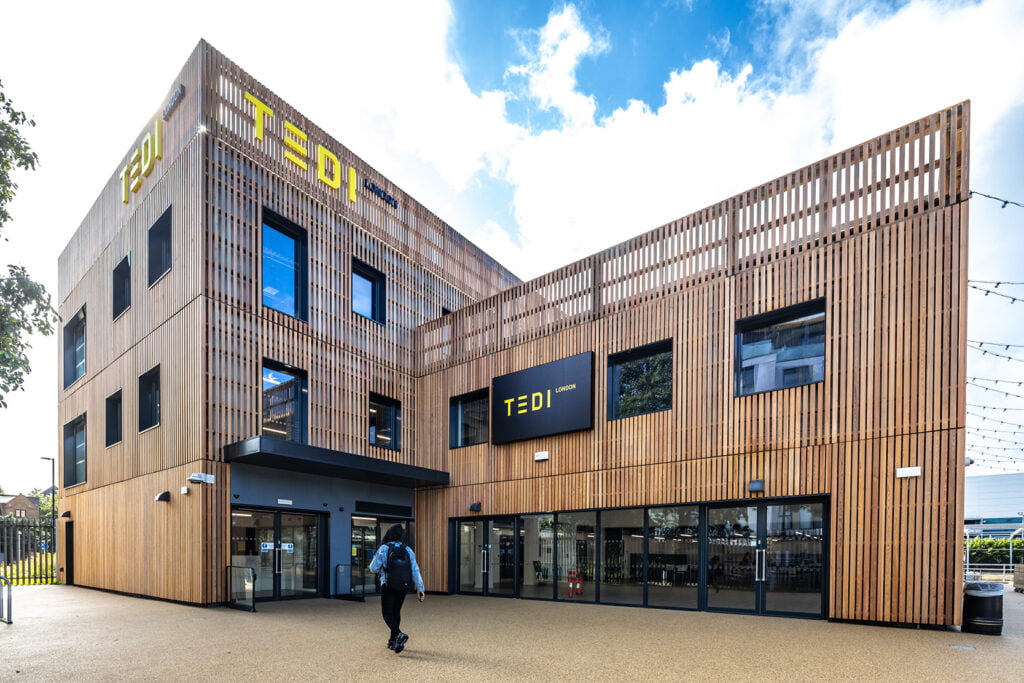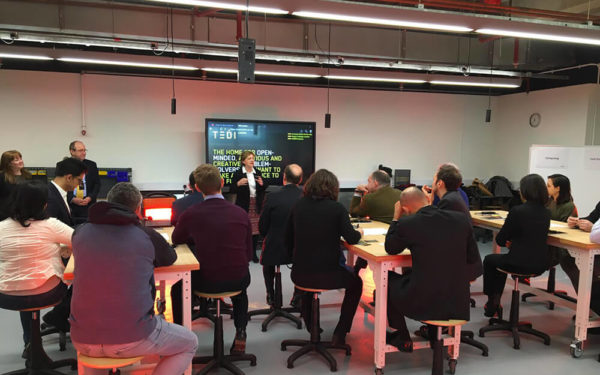
COP26: Are engineers ready for the challenge?

The recent COP26 concluded with the publication of the Glasgow Climate Pact – a 200 country agreement to:
- Cut CO2 emissions to keep temperature rises within 1.5C.
- Phase down the use of coal, responsible for 40% of annual CO2 emissions.
- Increase funding to developing countries to enable them to switch to cleaner energy and cope with the effects of climate change.
- Phase out fuel subsidies.
But how does this relate to engineering?
Engineers will play a significant part in achieving these goals, not only in terms of developing solutions to directly address climate change, but also by being more aware of the impact of all products and solutions. As outlined by Professor Sir Jim McDonald FREng FRSE, President of the Royal Academy of Engineering, “engineers are essential to delivering Net Zero. There is no doubt that [the] solutions-focused profession has a crucial offering and vital role to play in tackling one of the world’s greatest challenges.”
Yet, the skills shortage in the engineering sector is well documented. According to the IET Skills and Demand in Industry 2019 Survey, 73% of engineering employers in the UK have had problems with candidates who have academic knowledge, but not the required workplace skills, whilst the Wakeham Review of STEM Degree Provision and Graduate Employability found that “employers place [value] on graduates being in possession of a strong set of ‘soft’ or ‘work ready’ skills” and are continually dissatisfied with graduates in this respect. Although there is not a definitive list of the skills in question, those that are commonly referred to as being in short supply include: project management, commercial awareness, team-working and adaptability.
Additionally, a 2020 ASEE research paper found that groups of STEM subject students’ natural inclination to consider social contexts as part of a solution-based project was lower comparative to their Humanities subject peers, demonstrating a clear need to better incorporate contextual social awareness into STEM education.
So, how can we train engineers in these skills more effectively?
It is paramount that engineers understand the role that their work plays within the broader context of society, at both a local and a global scale. They should be educated in such a way that enables them to develop their ‘soft skills’ and encourages them to consider the broader contextual factors surrounding every project that they undertake.
At TEDI-London, real-world challenges such as those recently set out at COP26 and those laid out in the UN Sustainable Development Goals (SDGs) are placed at the centre of the educational programme. “Our priority is to equip our students with the right mix of technical and, crucially, social and contextual skills to tackle global challenges and help transform people’s lives for the better,” explains Professor Julie Bregulla FREng, Director of Project-Based Learning at TEDI-London. “Through project-based learning, TEDI-London students work alongside industry partners on solutions in response to real-life challenges, exposing them to examples of broader contextual factors and helping them to understand why they are so important.”

For instance, assigning projects with a focus outside of the UK, such as the ‘Engineering for People Design Challenge’, encourages students to consider the surrounding habitats, cultures, lifestyles and environment whilst developing a solution. The project-based style of learning also allows them to work collaboratively within a multi-disciplinary team and connect with industry experts.
To bring the skills debate to life, we hosted a webinar that outlined the ways in which engineers of the past and present have improved and are improving TEDI-London’s local area, Canada Water. From The Brunel Museum to British Land’s redevelopment project, engineers have consistently made a positive impact on people’s lives. However, as the Brunel Museum’s Finance Manager, Sarah Kuklewicz, explained, whilst the ambition to improve lives through innovation has remained a constant, engineers of the past were not aware of how critical a problem climate change would become and did not prioritise sustainability during solution development. On the other hand, sustainability is one of the key priorities for Hannah Farahar, Project Director at British Land, as she undertakes the Canada Water redevelopment project. The commitments in place are having a considerable influence on the way that buildings are being designed, which materials are being used and other initiatives such as tree-planting, in order to keep CO2 emissions as low as possible. The opportunity to be so closely aligned to an extensive redevelopment project at its early stages and gain an insight into the role that engineering plays is very valuable for TEDI-London students, such as Rozanne Goonewardene, who cites climate change as the reason behind her decision to study engineering.
Concludes Bregulla; “The widespread conversations that have taken place over recent weeks have certainly brought a number of issues and challenges to the forefront of our minds. For engineers, this concern and consideration must be a continual focus so that we can benefit from innovation without repeating past mistakes. At TEDI-London, we are dedicated to playing our part in solving these problems and making a positive difference. By bringing globally aware and socially responsible engineers into the industry, we can improve efficiency, collaboration and ultimately meet the aims that were set out at COP26.”
More News articles


TEDI-London collaborates with industry to transform engineering education
